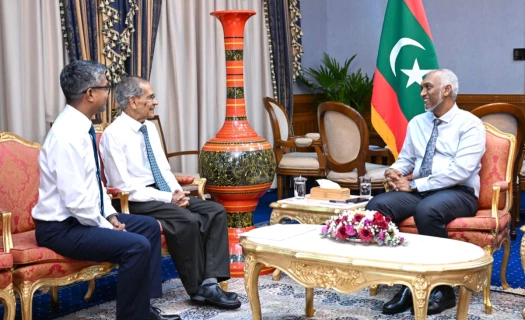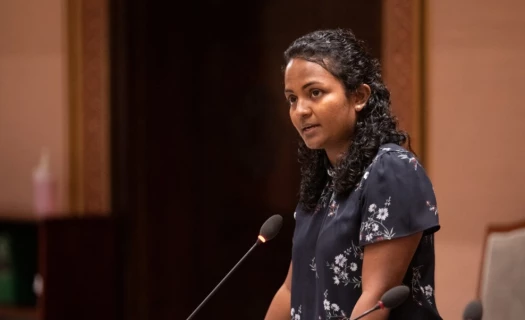Maldives extends support for OPEC+ decision

The Ministry of Foreign Affairs stated that the Maldives has become involved in the ongoing contentious discussion between the United States and Saudi Arabia over its decision to cut global oil emission.
According to the statement, the world's biggest oil producer took the decision to stabilise the global oil market than for political purposes.
The Organisation of the Petroleum Exporting Countries (OPEC), which consists of 13 members, and its allies—including Russia and known as OPEC+—lowered its production goal by 2 million barrels per day last week despite the perception that global supplies are constrained. Experts predict that just around half of such reductions will actually affect production.
The United States claimed last week that the cut would increase Russia's foreign earnings and that Saudi Arabia had planned it for political purposes. However, Saudi Arabia refuted this on Sunday.
Salman bin Abdulaziz, the King of Saudi Arabia, stated that his country was working hard to ensure equilibrium and stability in the oil markets, including the formation and upkeep of the OPEC+ coalition.
Prince Khalid bin Salman, the son of King Salman and Saudi Arabia's defense minister, stated that the decision made on October 5 was unanimous and was driven by economic considerations.
The Maldives' foreign ministry stated the OPEC+ decision was made only on economic grounds and was influenced by market factors and other technical considerations. The statement expressed the Maldives' "strong solidarity" with Saudi Arabia over the decision.
The statement added,
The stability and security of the global energy market is imperative for a Small Island Developing country such as the Maldives who are highly dependent on energy imports.
statement reads the
Additionally, the Maldives praised Saudi Arabia's initiatives "to promote strong and sustained global economic growth".
The Maldives, which exclusively depends on imported oil for power generation, has faced considerable financial difficulties as a result of the rise in global oil prices connected to the Russia-Ukraine war. According to the most recent data from the finance ministry:
Oil subsidies now cost six times as much, with this year's cost expected to be close to 43 billion.
Oil subsidies were estimated for around MVR 300 million, but they will really cost MVR 2.1 billion.














